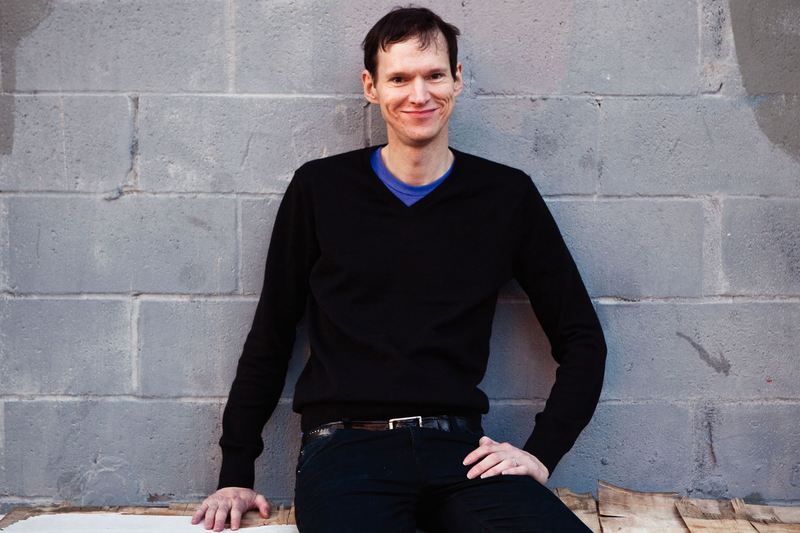 Soundcheck
Soundcheck
A Karaoke-Soaked Memoir: Rob Sheffield's 'Turn Around Bright Eyes'


In Japanese, the word “karaoke” means “empty orchestra.” Which makes sense -- without someone singing along, all that's left is an empty backing track. It’s only when someone picks up the mic and adds the melody back in that the song becomes whole again.
Karaoke and the idea of becoming whole again are at the heart of Rolling Stone writer Rob Sheffield’s newest memoir, Turn Around Bright Eyes: The Rituals of Love and Karaoke. In a conversation with Soundcheck host John Schaefer, Sheffield talks about how the dual stories of his passion for karaoke and his second chance at love weave together in his new book.
This segment originally aired on Aug. 5, 2013.
Interview Highlights
Rob Sheffield, on how he discovered karaoke:
I was into my 30's before I ever sang karaoke. I know I have a terrible voice. I've always been someone who loves music, writes about music, but can't make music. The first time I sang karaoke, conquering that primal fear of getting up in front of people and singing -- once that primal fear was gone, all these other doors opened up. Not necessarily pleasant to listen to doors.
On what makes a good karaoke singer:
Talent really means nothing. It's all enthusiasm, it's all passion that you bring to it. It's one of the beautiful things about karaoke, that it really creates this accepting community. In a karaoke crowd, people don't necessarily demand that you hit the notes. It's the verve that you bring to it.
On his worst karaoke moment:
One time I tried to sing David Bowie's "Life On Mars." And I thought, I love this song, I know this song, I know all the words. I didn't realize until I got to the chorus that the song is impossible to sing. And I said, wow, I am bombing on a cosmic level here.
On seeing karaoke being done for the first time in the Talking Heads' video for "Wild Wild Life":
It was the first time I ever saw one. It was a video on MTV -- a whole room full of people, sitting at the table, and they get up to sing a line of the song. That was really, really early -- that's when karaoke was unknown here.